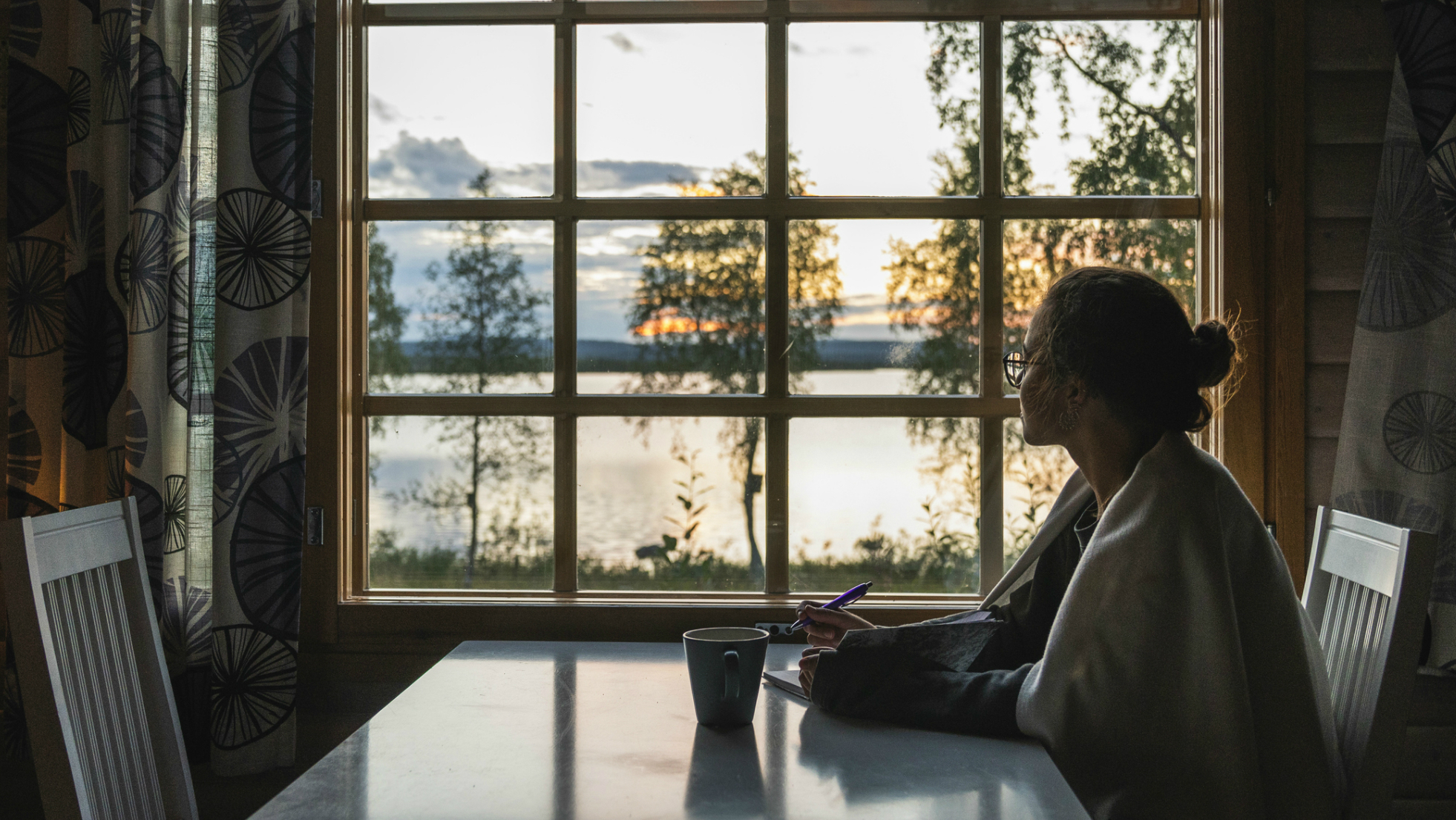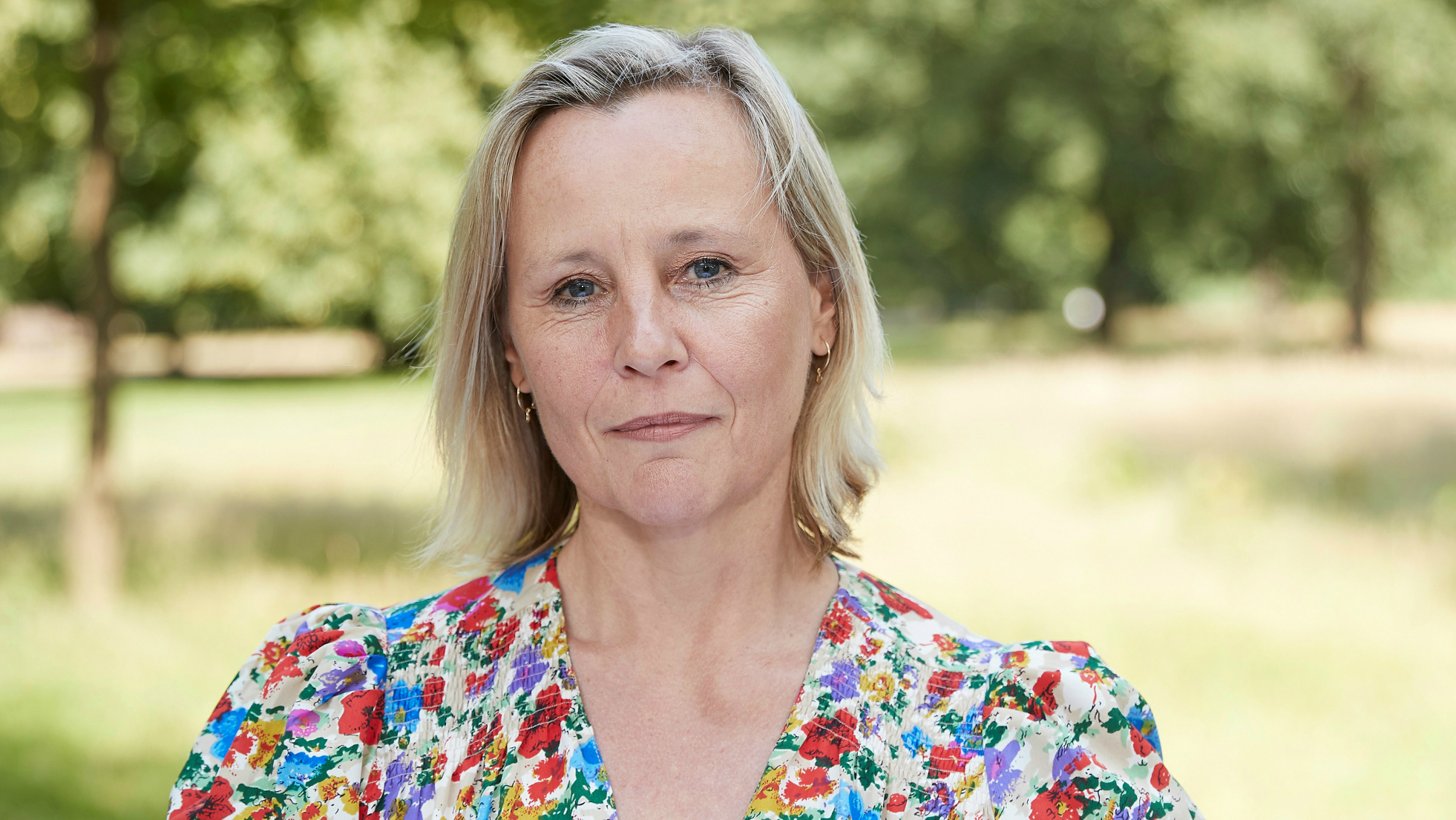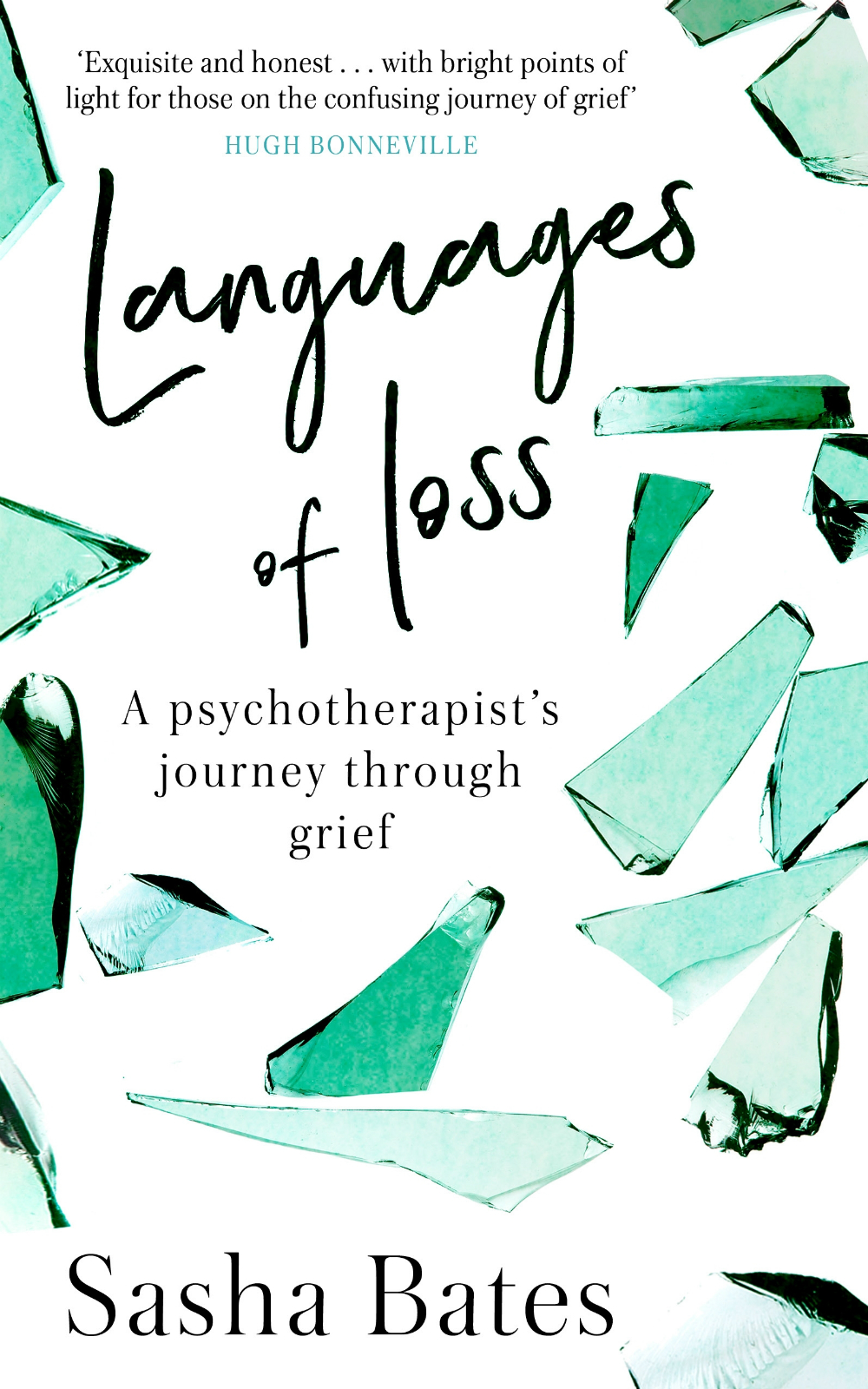Emotional contagion is on the rise - a psychotherapist tells us how to cope
With the World Health Organisation admitting there is 'emerging evidence' that Coronavirus could be airborne, there's plenty to worry about during this global pandemic. But as Sasha Bates reveals we can stop fear and anxiety in ourselves and others developing into widespread panic


Celebrity news, beauty, fashion advice, and fascinating features, delivered straight to your inbox!
You are now subscribed
Your newsletter sign-up was successful
With the World Health Organisation admitting there is 'emerging evidence' that Coronavirus could be airborne, there's plenty to worry about during this global pandemic. But as Sasha Bates reveals we can stop fear and anxiety in ourselves and others developing into widespread panic
Last night I was talking to a highly anxious friend. As soon as I came off the phone, I noticed a feeling of agitation and fear and googled 'coronavirus symptoms'. Again. Just hearing her anxiety increased my sense of being in imminent danger. It struck me that I was in the grip of ‘emotional contagion’, whereby our own nervous systems can be ‘infected’ by those of the people around us.
This is a well-known phenomenon amongst psychotherapists and one we have to guard against when faced with a working day full of clients in all varieties of emotional states. And that was true even before Coronavirus sent us all spiralling down emotionally heightened rabbit holes.
Emotions are ‘catching’. Generally, that’s a good thing, it’s the basis of empathy – I can feel into what you are feeling and so can gain some idea of your experience and therefore feel more compassionately towards you. Similarly, being greeted with a smile and a sunny disposition can provoke a feeling of wellbeing in the receiver too. However, what works for the pleasant emotions is equally true for the less pleasant. Think how quickly an argument can escalate as the anger of each participant ratchets up the tension in the other.
Anxiety is a classic example of this vicious circle, and is a virus currently being transmitted at a rate far higher than that of Covid-19 itself.
The good news is that a state of calm is equally contagious, and you can turn that vicious circle into a virtuous circle. Attend to your own state of calm and you will automatically transmit a greater sense of composure to those around you.
Buddhist monk, Thich Nhat Hanh describes how a small, crowded boat facing storms will capsize if everyone panics, but that if just one person stays calm and centred, the whole boat can steady itself.
Celebrity news, beauty, fashion advice, and fascinating features, delivered straight to your inbox!
In my book Languages of Loss, I also use a lot of ocean-based metaphors. Since my husband, Bill, died I have lost faith in the supposed reliability of the ground to hold solid. Picturing myself balancing on a constantly shifting ocean and learning to find internal steadiness upon this ever-changing support, has often stopped me capsizing. I find myself returning to this image, and my ways of finding internal balance, more than ever now that our known certainties are slipping away. So how do we do that?
Most importantly, understand that you cannot control Covid-19. Stop trying, it’s a pointless task and will only serve to reinforce your sense of helplessness. Instead focus on the things that you can control.

How to manage emotional contagion anxiety:
Get to know yourself better
Regularly doing a quick ‘body scan’ to check in with how you are feeling can serve two purposes. By moving the focus down to your body, you get a few moments respite from the endless thoughts unhelpfully circling in your head, and it helps you recognise what normal feels like. Only familiarity with ‘normal’ will help you quickly identify when you have moved away from it and into a state of heightened anxiety.
Do something to dissipate the cortisol
Anxiety unleashes cortisol into your blood stream and which is currently coursing through your body sounding the panic alarm. Any form of exercise can help to lower this – dance round your kitchen, run up and down the stairs, or even better, get out into the fresh air for a jog or walk or cycle.
Focus on your breathing
Consciously slow your breathing by counting the length of both the inhale and especially the exhale. Start by breathing in for a count of 4, and out for 8 and gradually build up to longer counts. This will help your nervous system to transition out of agitation and into calm.
Turn off the negative news
Try to turn your attention away from the endless drip-feed of negative news and others’ panicked responses and instead lose yourself in something that brings you into the present moment, so absorbing you so that you lose interest in the extraneous noise. For me that includes yoga, stroking my cats, cooking, gardening, reading and meditation. For others it might be playing music, creating art or knitting. Use this period of enforced stillness to find whatever that might be for you.
If you are stuck inside with several demanding children or flatmates, then that is going to be harder to do, but it is also even more necessary as you are more likely to be constantly infecting each other. Remember, if those you live with are agitated and anxious then the best way you can help them is to reverse the infection.
Time spent calming your own nervous system will actually, via emotional contagion, calm them too so it really is time well spent for all concerned. Just as with germ-based viruses, not getting infected by the anxiety sweeping through our news and social media feeds is hard, but far from impossible.
In just a short number of weeks we all, with a bit of effort, quickly adapted to the new habit of washing our hands and not touching our faces. So too can we learn to adapt our responsiveness if new recommendations come to the fore. Emotional habits might be harder to undo but, as with the behavioural, a bit of effort and focused attention means things slowly start to change.
Protect yourself from emotional contagion, learn to calm your own nervous system, and you will then naturally be influencing and calming those around you.

* Languages of Loss by Sasha Bates is published by Yellow Kite and is available on hardback, ebook and audio
Maria Coole is a contributing editor on Marie Claire.
Hello Marie Claire readers – you have reached your daily destination. I really hope you’re enjoying our reads and I'm very interested to know what you shared, liked and didn’t like (gah, it happens) by emailing me at: maria.coole@freelance.ti-media.com
But if you fancy finding out who you’re venting to then let me tell you I’m the one on the team that remembers the Spice Girls the first time round. I confidently predicted they’d be a one-hit wonder in the pages of Bliss magazine where I was deputy editor through the second half of the 90s. Having soundly killed any career ambitions in music journalism I’ve managed to keep myself in glow-boosting moisturisers and theatre tickets with a centuries-spanning career in journalism.
Yes, predating t’internet, when 'I’ll fax you' was grunted down a phone with a cord attached to it; when Glastonbury was still accessible by casually going under or over a flimsy fence; when gatecrashing a Foo Fighters aftershow party was easy-peasy-lemon-squeezy and tapping Dave Grohl on the shoulder was... oh sorry I like to ramble.
Originally born and bred in that there Welsh seaside town kindly given a new lease of life by Gavin & Stacey, I started out as a junior writer for the Girl Guides and eventually earned enough Brownie points to move on and have a blast as deputy editor of Bliss, New Woman and editor of People newspaper magazine. I was on the launch team of Look in 2007 - where I stuck around as deputy editor and acting editor for almost ten years - shaping a magazine and website at the forefront of body positivity, mental wellbeing and empowering features. More recently, I’ve been Closer executive editor, assistant editor at the Financial Times’s How To Spend It (yes thanks, no probs with that life skill) and now I’m making my inner fangirl’s dream come true by working on this agenda-setting brand, the one that inspired me to become a journalist when Marie Claire launched back in 1988.
I’m a theatre addict, lover of Marvel franchises, most hard cheeses, all types of trees, half-price Itsu, cats, Dr Who, cherry tomatoes, Curly-Wurly, cats, blueberries, cats, boiled eggs, cats, maxi dresses, cats, Adidas shelltops, cats and their kittens. I’ve never knowingly operated any household white goods and once served Ripples as a main course. And finally, always remember what the late great Nora Ephron said, ‘Everything is copy.’
